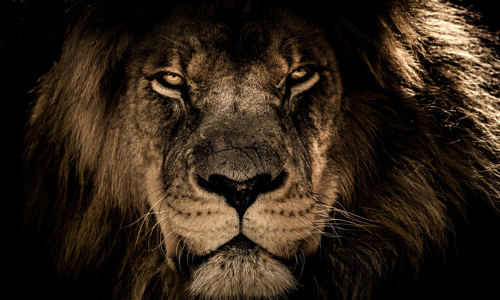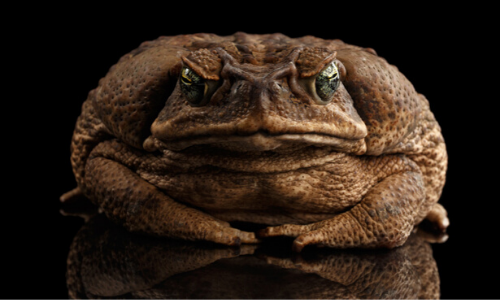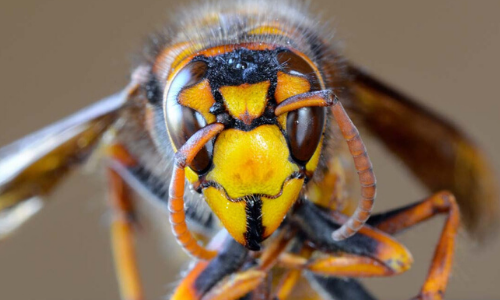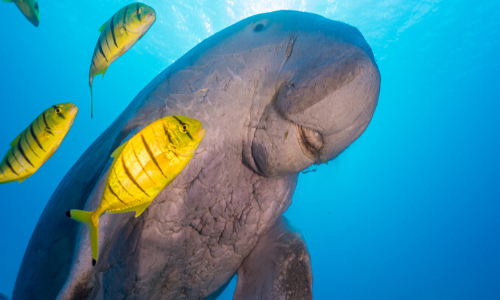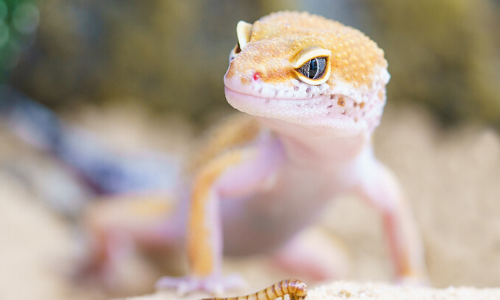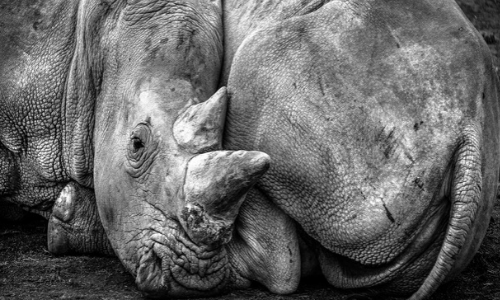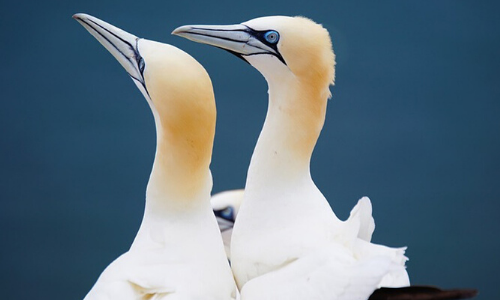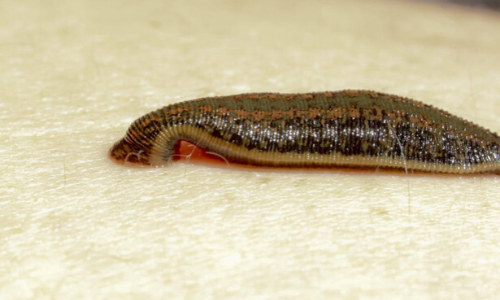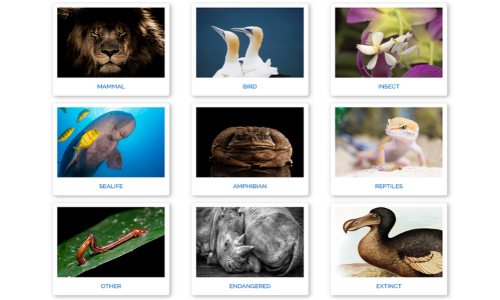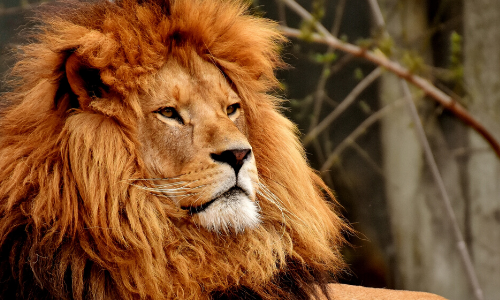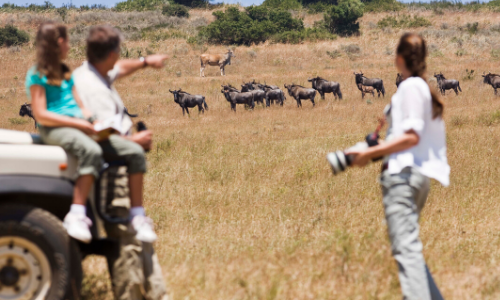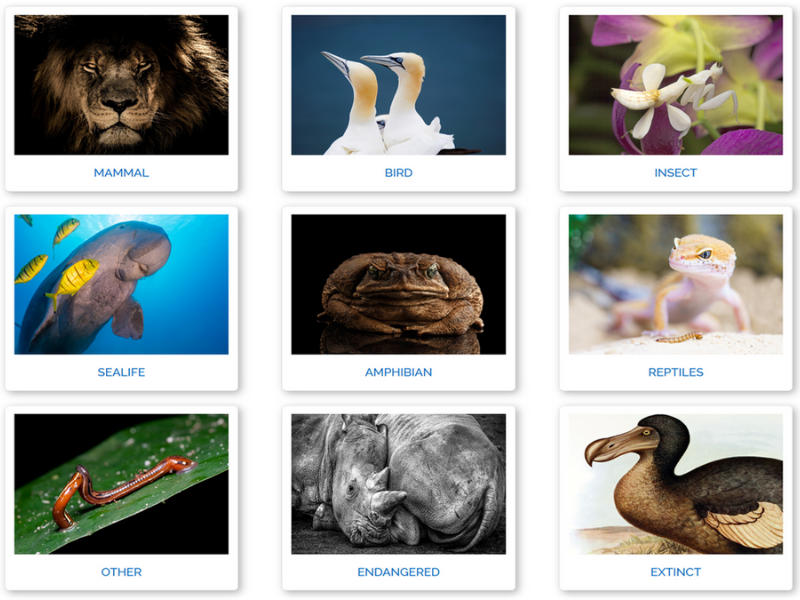

Scientific Classification
Kingdom: Animalia
Phylum: Chordata
Class: Mammalia
Order: Carnivora
Family: Hyaenidae
Genus: Hyaena
Species: H. brunnea
Conservation Status


Brown hyenas grow between 51-63 inches long, 28-31 inches tall, and weigh 83-96 pounds. There is little size difference between the genders, but males tend to weigh about 10 pounds more than females.
Brown hyenas have a distinguishingly long shaggy brown coat with 12-inch cream-colored hairs around their neck. These hyenas also have brown and white stripes down their legs with a bushy tail.


Unlike other hyenas, brown hyenas do not hunt in groups. They are poor hunters in general so live prey makes up a small part of their diet. Brown hyenas use their sense of smell to find carcasses from miles away and will charge other predators like leopards that may be picking at the same kill. When meat is not available, these hyenas also eat eggs, fruit, rodents, insects, and fungi.

Brown hyenas do not have mating seasons, but mothers will typically have one litter every 20 months. Only the alpha female mates and she will breed with nomadic males while the male brown hyenas within her clan assist with raising the cubs. After 3 months, the mother will give birth to 1-5 blind cubs in a hidden den. The cubs are weaned after a year and all members of the clan will carry food to them until they leave the den at 14 months.

The brown hyena is currently the rarest species of hyena alive.
Brown hyenas also go by the name strandwolf, which translates into “beach dog” in Afrikaans since they can be found along some coastal lines with seals.
They have slightly different habits than the inland brown hyenas since territory is not as competitive. Regardless of location, most brown hyenas fall into a pack of 4-15 members where the males are frequently moving up or changing clans, while the oldest female is simply the alpha of her gender.

